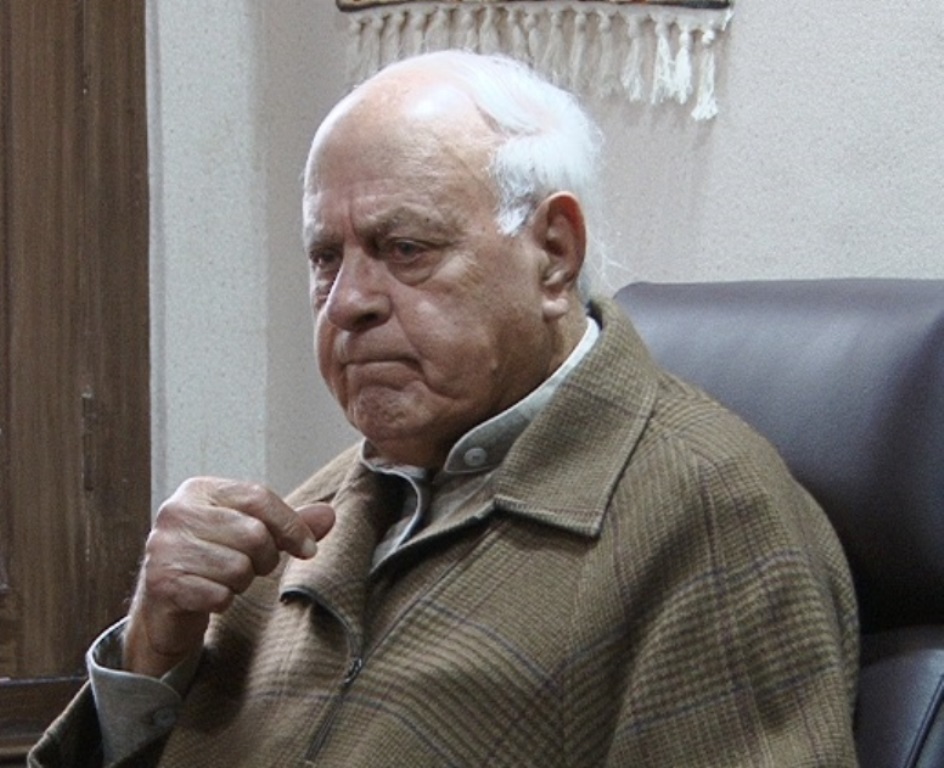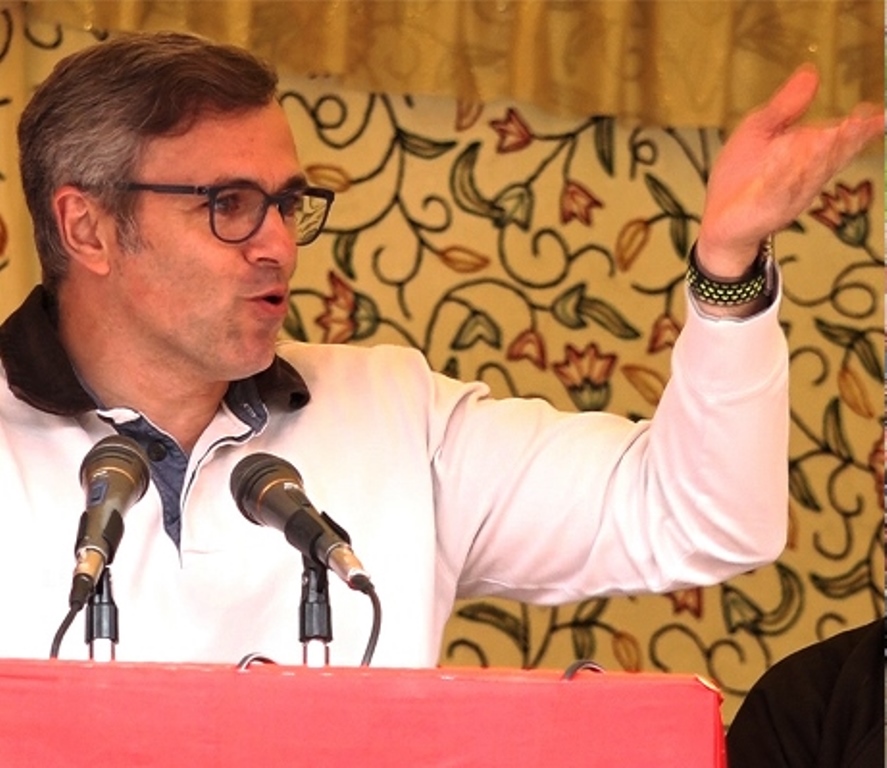SRINAGAR: Sampat Prakash, a prominent trade union leader and Kashmiri nationalist, who passed away on July 1, 2023, at the age of 86, was consigned to flames at Karan Nagar on Sunday. The funeral was attended by people cutting across faith and politics.
Sampat succumbed to a massive heart attack in Srinagar. He was driven to SKIMS where he was declared brought dead.
Prakash’s demise has been deeply mourned by people from all walks of life in the region, including politicians, trade unions, and various organizations.
Born on March 10, 1937, in Anantnag, Sampat Prakash grew up in Kashmir, where he was exposed to the rich cultural heritage of the region. His family lived in Rainawari. In the late 1980s, Kashmir witnessed a period of violence, resulting in the mass displacement of Kashmiri Pandits. Despite facing immense hardships and trauma due to the displacement, he spoke for all.
“The strength of Sampat Prakash was that he was firmly rooted in the Kashmiri Pandit society; he could speak as a Kashmiri Pandit and yet speak for all Kashmiris as a political leader from the Valley,” Supreme Court lawyer, Nandita Haksar wrote. “He saw the suffering of the Kashmiri Pandits as a larger part of the suffering of all Kashmiris.”
A student of Srinagar’s elite Tyndale Biscoe School, where National Conference president and former Chief Minister Farooq Abdullah was his classmate, Prakash was influenced by the nationalism of his father Neel Kanth Kundu – who was also the principal of the school and advisor of Farooq’s father Sheikh Mohammad Abdullah.
Alongside his activism for the Kashmiri Pandit cause, Sampat Prakash played a pivotal role in the trade union movement. As a trade union leader, he fought for the rights and welfare of workers, particularly in the cooperative sector. Prakash advocated for better working conditions, fair wages, and improved social security measures for the labour force. In 1974, Sampat Prakash was elected as the President of the Central Lal Bazaar Cooperative Housing Society, where he achieved significant milestones in advancing the rights and well-being of workers. His dedication and commitment to the trade union movement earned him respect among the workers and within the larger labour movement in India.
Arrested for the first time in 1968 under the Preventive and Detention Act section (13A) of the Indian Parliament for launching a mass agitation against the government for low wages, he has spent more than eight years in jail within and outside Jammu and Kashmir.
Prakash actively participated in conferences, seminars, and public debates to highlight the concerns and challenges faced by workers. His advocacy work extended beyond the cooperative sector, encompassing issues related to labour rights, social justice, and equitable development.
Sampat Prakash’s contributions to the labour movement were widely recognized, and he became an influential figure in various trade union forums. He was known for his principled stance against identity politics and his steadfast commitment to secularism. Prakash’s leadership within the trade unions brought communities together, transcending religious and ethnic boundaries.
Prakash’s passing has left a void in the trade union movement and Kashmir. His legacy as a powerful voice for workers’ rights and his unwavering dedication to the cause of Kashmir will be remembered by many. Sampat Prakash’s life and contributions have left an indelible mark on the community and the labour movement in India.















